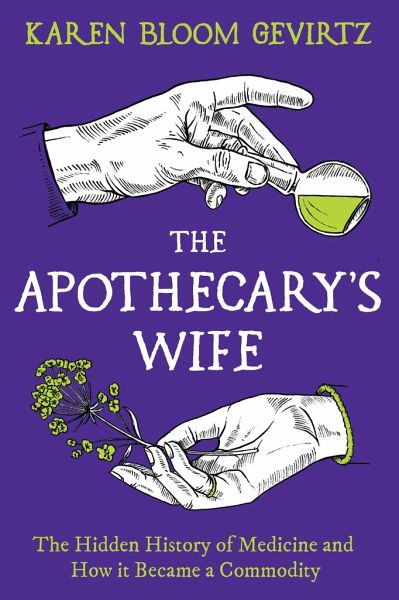
The Apothecary's Wife
The Hidden History of Medicine and How It Became a Commodity
Versandkostenfrei!
Versandfertig in über 4 Wochen
26,99 €
inkl. MwSt.
Weitere Ausgaben:

PAYBACK Punkte
13 °P sammeln!
The unknown legacy of the Scientific Revolution, and how it affected our medical care for the worse.













